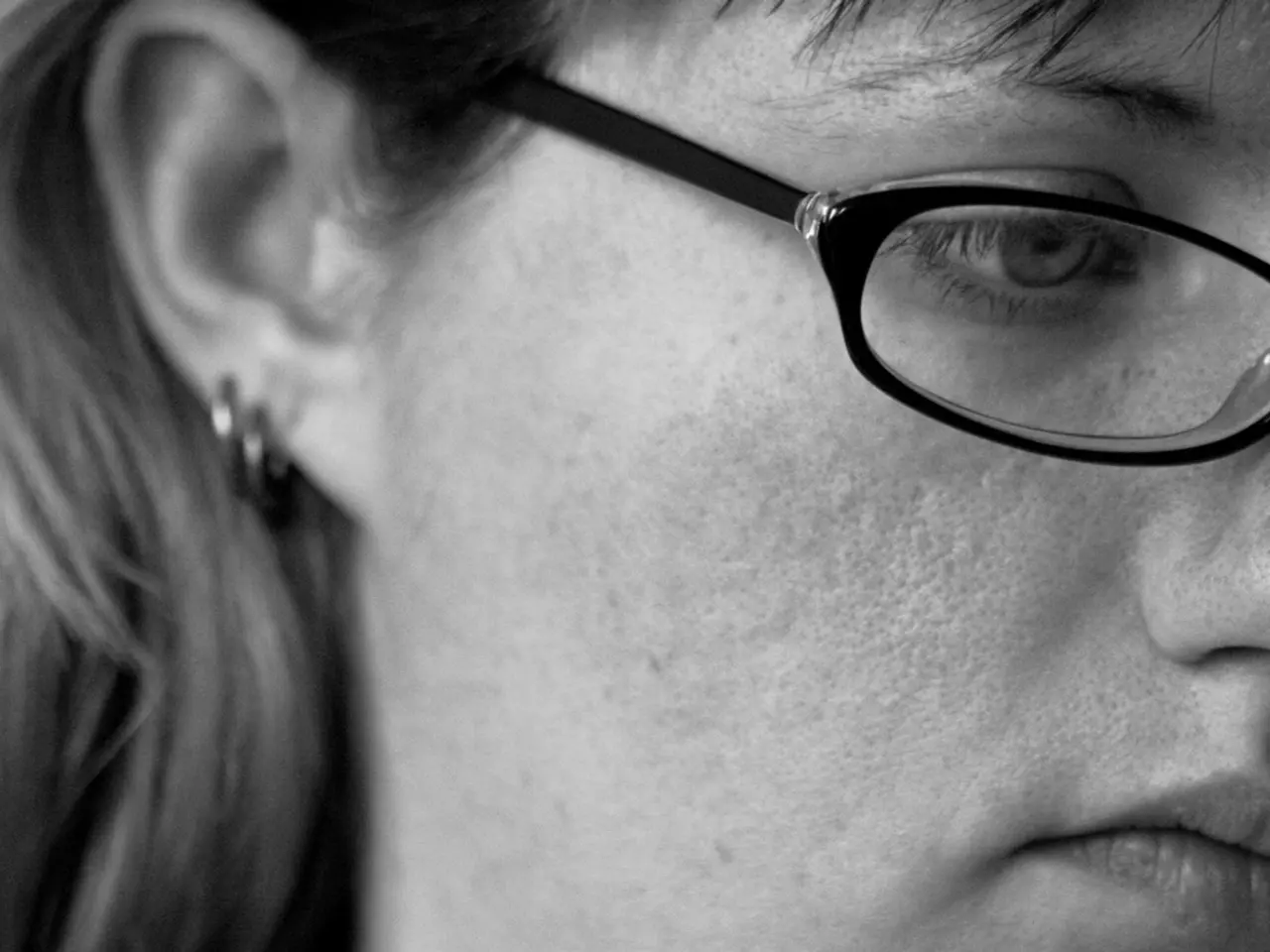Scheduling and Healing Process of Cataract Surgery Operations
Cataract surgery is a common procedure that involves removing a cloudy lens and replacing it to improve vision. One potential complication after this surgery is the development of posterior capsular opacification (PCO), where the posterior capsule holding the lens implant becomes cloudy.
The American Academy of Ophthalmology and other organizations do not specify the exact length of time between cataract surgeries on each eye. However, the recommended minimum time between surgeries is typically 1 to 2 weeks. This interval allows the first eye sufficient time to heal and for the surgeon to evaluate the surgical outcome before proceeding with the second eye.
Several factors influence this interval. Ensuring that the first eye has healed reduces the risk of complications in the second eye. If any adjustments to treatment or intraocular lens power are needed based on the first surgery’s results, the timing allows for these changes. Patient convenience and lifestyle needs may also play a role, with a shorter interval being recommended for patients with pressing medical or lifestyle reasons.
Modern surgical techniques have enabled safe scheduling of the second surgery within a week or two. For existing ocular or systemic conditions, the surgeon may modify timing to optimize safety. Patients are generally advised to avoid strenuous activities or bending over for at least 1-2 weeks post-surgery, which factors into recovery planning and timing of the second surgery.
During recovery, a person should follow all instructions from the treating doctor or facility, which may include guidelines on when to return to activities and ways to aid healing, such as avoiding contact with the eyes and using prescribed eye drops. It is also important to check for signs of complications during cataract surgery recovery.
To correct PCO, a doctor typically uses a laser to remove the small membrane and restore clear vision. If you experience any complications or concerns during recovery, it is essential to contact your care facility or practitioner immediately.
In summary, a 1 to 2-week gap is standard but can be personalized based on clinical and patient-specific factors to maximize safety, comfort, and visual outcomes. It is recommended to talk with the facility performing the first surgery to get a general guideline of when you can schedule the next procedure.
- Science and technology have vastly improved cataract surgeries, making the procedure less invasive and recovery periods shorter.
- In the field of health and wellness, cataract surgeries are a common solution for people dealing with numerous medical conditions, including chronic diseases and respiratory conditions.
- The development of PCO can affect eye health and, in some cases, hearing, leading to potential complications in daily activities like work in the workplace-wellness sector.
- Aerospace and automotive industries, as part of the manufacturing sector, may require employees to have good eye health, focusing on routine eye exams and regular treatments as needed.
- Fitness and exercise can aid in overall health, including improved eye health, promoting faster healing after cataract surgeries.
- Mental health plays a crucial role in recovery, as stress and anxiety can impact the healing process, potentially distressing people with neurological disorders.
- Men's health and sexual health can be affected by various eye conditions, underscoring the importance of regular check-ups and therapies and treatments.
- Digestive health and skin conditions can sometimes share symptoms with ocular issues like cataracts, requiring careful diagnosis and nutrition management.
- Autoinflammatory disorders such as autoimmune diseases can weaken the immune system, increasing the risk of complications during surgery and recovery.
- Changes in climate change may exacerbate certain medical conditions, necessitating attention to environmental science and sustainable practices to ensure quality healthcare.
- Financial planning is essential for managing the costs of treatments like cataract surgeries, taking into account Medicare, investing in health insurance, and managing the housing market.
- CBD is gaining attention for its potential benefits in managing pain and inflammation, although more research is needed to establish its role in cataract surgery recovery.
- Skin care and therapies play a role in supporting overall health and healing from cataract surgeries, helping to maintain a healthy body and reduce the risk of complications.
- Aging can lead to various health issues, including eye health problems, necessitating regular check-ups and care to manage age-related conditions.
- The housing market can impact access to care, especially for those in rural or underserved areas, and can exacerbate health disparities in marginalized communities.
- Womens' health and parenting may require attention to eye health during pregnancy and postpartum, ensuring a healthy mother and baby.
- Weight management is crucial in managing some chronic diseases and improving the body's ability to recover from surgeries like cataract removal.
- Cardiovascular health should be monitored and managed in preparation for surgeries, focusing on diet, exercise, and any necessary medications or therapies.
- Energy-efficient industries, such as finance, fintech, and real estate, can focus on employee well-being to reduce the impact of stress on recovery from procedures like cataract surgeries.
- Transportation systems like public transit and automobiles can accommodate people with disabilities resulting from cataract surgeries or other health conditions, ensuring accessibility and equal opportunities.
- As an entrepreneur, it's essential to prioritize self-care and work-life balance, promoting a healthy business culture that encourages wellness and recovery from conditions like cataracts.
- Leadership should focus on fostering a diverse and inclusive work environment, where employees can seek support and accommodations as needed during recovery from cataract surgery.
- The retail industry can offer health and wellness products, such as nutritional supplements and eye care solutions, to support recovery from cataract surgeries or other medical conditions.
- The aviation sector should prioritize the health and well-being of its employees, especially pilots, ensuring they maintain the cognitive abilities required for safe flight when recovering from procedures like cataract surgery.
- The space and astronomy industry can inspire young minds to pursue careers in science, technology, engineering, and mathematics, helping to advance medical and health advancements in the future.
- In the banking and insurance sectors, a focus on financial education can help people better understand their insurance options and coverage for procedures like cataract surgery.
- A health-focused approach to urban planning can prioritize access to green spaces, public transportation, and healthy food options, promoting overall wellness and reducing the incidence of various medical conditions.
- Venture capital and small businesses can support innovative health solutions to improve accessibility, affordability, and quality of care for people dealing with medical conditions like cataracts.








